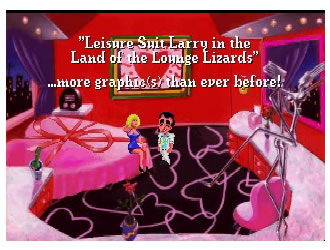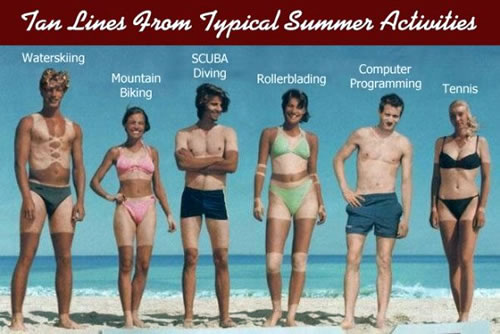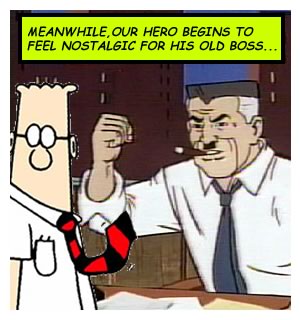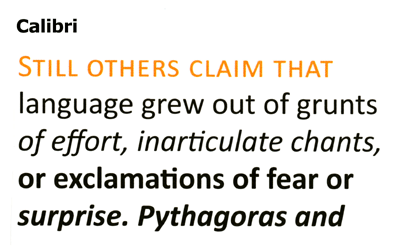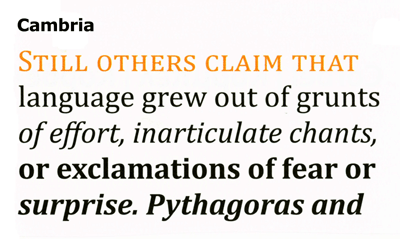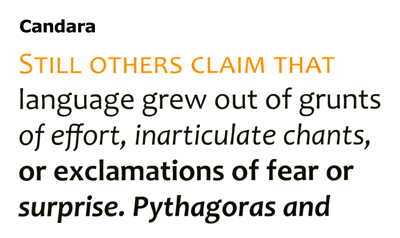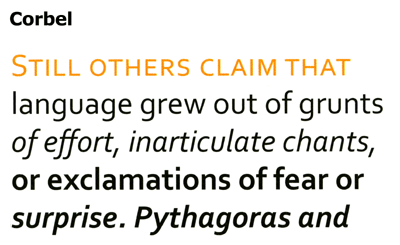We’ve pointed to two Consumerist articles: A Former Verizon Sales Rep’s 8 Tips for Buying a Verizon Phone and 7 Confessions of a Former Cingular Sales Rep, in which recovering salespeople for Verizon and Cingular provide tips on how to get the best deal from their former employers.
Now a T-Mobile sales rep has come forward and revealed to Consumerist a list of 11 tips for getting the best deal from T-Mobile:
- T-Mobile will match prices from competitors. “…they can honor any price that has been printed (advertisement), as long as the terms and conditions are the same as T-Mobile’s.”
- T-Mobile lets reps give away accessories. “Most reps have the ability to give away accessories for free without checking with their managers. If we give any bit of discount, we don’t get paid out on the accessory so you might as well ask for it for free.”
- Use features to get free stuff, avoid insurance. “As other reps have stated, features are a big portion for reps. Any data feature nets the rep some extra cash…The only thing that does not earn us money is insurance, so stay away from that one.”
- Shop at the end of the month. “T-mobile has a quota system for reps. They’ll be more generous at the end of the month.”
- Never get a 2 year contract. “As the VZW rep said, only sign a one year contract. Yeah you have to pay 50 bucks more, but you can upgrade again in 11 months.”
- Your rate plan doesn’t mean anything at T-Mobile. “At T-mobile, we don’t get paid very much on how high the rate plan is, so don’t push that you are going to spend a lot on the plan. We care about the accessories and the features.”
- Get your rebate at the store and on-line. “As the cingy guy said, if you ask and get an in-store instant rebate, you can still find the mail in rebate at www.tmobilerebates.com. The rebate center will still honor it.”
- Get free stuff by calling within 14 days and threatening to switch to another carrier. “If you want to squeeze a bit more out of the deal and you are within 14 days of new service, call the store and ask to speak to the rep that helped you. Remind him/her who you are, and ask what you need to do to cancel. This will set off alarms in the reps head since you are their customer, and they will get a chargeback if you cancel.”
- Replace a broken T-mobile phone with a prepaid one.“Go to Walmart and buy a T-Mobile prepaid phone. Your contract sim card will work in the phone no problem, and there is NO difference (software or hardware wise) between a prepaid phone and one that is upgraded with contract. Then put the prepaid activation code and sim card up on ebay, and make $10. (from what I hear, this is the same with Cingular and Verizon).”
- Upgrade over the phone, not in a store. “At T-Mobile, reps don’t get paid much for upgrades and don’t care if you get a deal on a phone. Upgrade over the phone to get the best deal.”
- Unlock your phone. Immediately call into customer care and ask to have your phone unlocked. Unlocking your phone allows your phone to be used with any GSM carrier (Cingular is the only other national US carrier). T-mobile will unlock your phone for free at anytime during or after you contract. Once you unlock your phone, you can now use a cingular sim card or any sim card in the world. Whether or not you plan on traveling, you have still increased the resell value of your phone by quite a bit.
I’m still waiting for someone from Bell Mobility to spill the beans on how to get the best deal from them…
